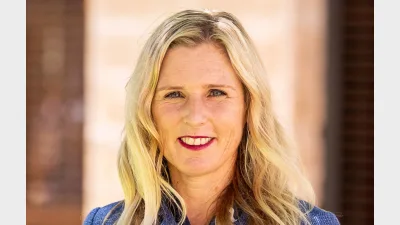QSuper settles class action



QSuper has agreed to an in-principle settlement of nearly $70 million over claims it failed to notify members of life insurance premium changes.
The fund - which merged with Sunsuper to create Australia’s second biggest fund ART - said on Wednesday it has reached an in-principle agreement to settle the class action which alleged its failure to notify members of premium changes breached obligations under the Corporations Act and Superannuation Industry Act, causing losses to up to 140,000 members.
The class action was brought against the fund back in 2021, and initiated by Shine Lawyers over changes the fund implemented in July 2016.
In its update on Wednesday, the fund stated it has not admitted to any wrongdoing and has chosen to settle the matter to avoid the risk of costs from ongoing litigation.
“The agreement to settle the class action was taken to avoid the risk of costs associated with ongoing litigation, and has been taken in accordance with our duty to act in members’ best financial interests,” the fund elaborated. “In agreeing to resolve the litigation, the QSuper Board Pty Ltd has made no admission of liability or wrongdoing”.
Moreover, it confirmed, the $67 million settlement will be paid from a reserve put aside prior to the merger.
“No funds to settle the class action will come out of member accounts,” the fund added.
The agreement still needs to be approved by the Federal Court, QSuper clarified.
“While the in-principle settlement has been reached, the in-principle settlement is still subject to Court approval, and we are limited in the information we can provide and are unable to give members advice,” the fund said.
Speaking at the time of the class action’s lodgement, then Shine Lawyers’ employee Joshua Aylward said most of the fund members impacted were “Queensland government employees and their spouses, teachers and health industry workers like doctors and psychiatrists”.
Furthermore, it was alleged that the super fund charged white collar workers the same increased premiums despite not having the same risk factors in their professions.
Recommended for you
ASIC is not done with death benefits, commissioner Simone Constant warned trustees this week, stressing that the corporate regulator remains focused on driving a step change in how member services are delivered.
For AustralianSuper, private assets are a steady, grounding component of its investment strategy, one helping the fund mitigate risk and smooth returns, especially when public markets are volatile.
A major class action against AMP will commence in the Federal Court today (27 May), with more than 2 million super members alleging the firm’s trustees overcharged fees over a 12-year period.
Support for the $3 million super tax is strong across the industry, but with the possible July 2025 start date nearing, focus is turning to a key flaw – the lack of indexation.












